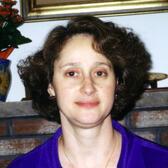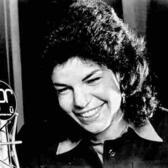Oral History Collection
As part of JWA’s mission to expand the narrative of Jewish history, we have collected and recorded hundreds of interviews with leaders, activists, and community members across the United States, documenting their encounters with major events and movements of the 20th and 21st centuries and the many ways that gender, class, place, and religious and ethnic identities have shaped women’s lives. With generous support from Nicki Newman Tanner, Mass Humanities, and the National Endowment for the Humanities, we are proud to make these interviews and transcripts available to the public. All entries include transcripts; audio or video recordings are also available where narrator permissions allow.

















